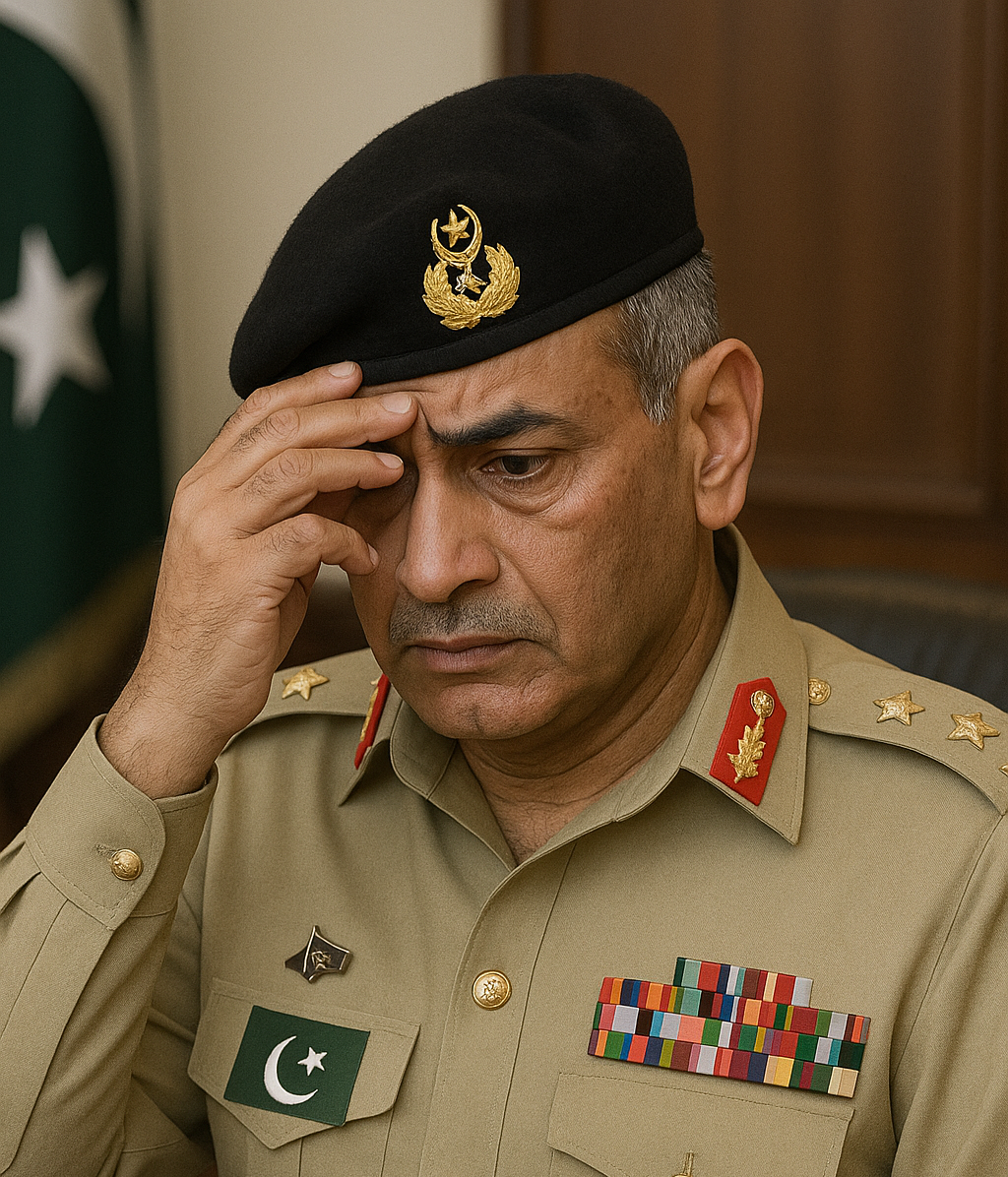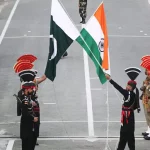In a move reflecting heightened military and strategic concerns, Pakistan is reportedly preparing to relocate its Army General Headquarters (GHQ) from Rawalpindi’s Chaklala area to the capital city of Islamabad. The decision follows precision Indian airstrikes on Nur Khan Airbase on May 10, 2025, which caused significant damage to one of Pakistan’s most crucial military installations.
The Indian military action, part of the recently launched Operation Sindoor, was conducted in response to a deadly terror attack in Pahalgam, Jammu and Kashmir, that claimed 26 lives. Between 1:05 AM and 1:30 AM on May 7, Indian forces carried out targeted strikes on terror camps across Pakistan and Pakistan-occupied Jammu and Kashmir (PoJK). Though Indian officials maintained that only militant facilities were targeted and that care was taken to avoid civilian or military infrastructure, Pakistan reported casualties among civilians, further escalating tensions.
Among the most heavily hit was Nur Khan Airbase, located less than 10 kilometers from Pakistan’s current GHQ. Satellite images showed a 19-foot radius crater on the runway and significant damage to key military transport assets, including C-130 Hercules and Il-78 refuelling aircraft. Additional Indian strikes on Mushaf Airbase in Sargodha rendered several runways non-functional, with craters as large as 15 feet observed on satellite surveillance.
The proximity of Nur Khan Airbase to the GHQ is now being seen as a strategic vulnerability. Though the GHQ relocation plan dates back to 2017, recent events appear to have expedited its implementation. According to defense sources, shifting to Islamabad could enhance inter-service coordination while also placing the army headquarters closer to diplomatic and international missions — a factor seen by some analysts as a potential deterrent against future strikes.
The move comes amid rising pressure on Prime Minister Shehbaz Sharif’s government, which reportedly reached out to New Delhi seeking a ceasefire after three days of cross-border hostilities. Meanwhile, international actors have stepped in to urge restraint. British Prime Minister Keir Starmer expressed serious concern over the India-Pakistan escalation during a recent Prime Minister’s Questions session in Parliament and offered to support mediation efforts.
The conflict has also impacted civilian life across the subcontinent. Commercial air traffic in parts of northern India was suspended temporarily, with Gwalior’s Rajmata Vijayaraje Scindia airport among those affected until May 9. In Pakistan, the military now faces a dual challenge — responding to external military pressure while managing longstanding internal threats, including repeated Taliban attacks on the GHQ since 2007.
As Islamabad braces for what could be a major structural shift in its military infrastructure, the unfolding developments mark a pivotal moment in South Asia’s volatile security landscape. The GHQ relocation, while strategic, underscores the deepening security anxieties amid growing India-Pakistan tensions.













